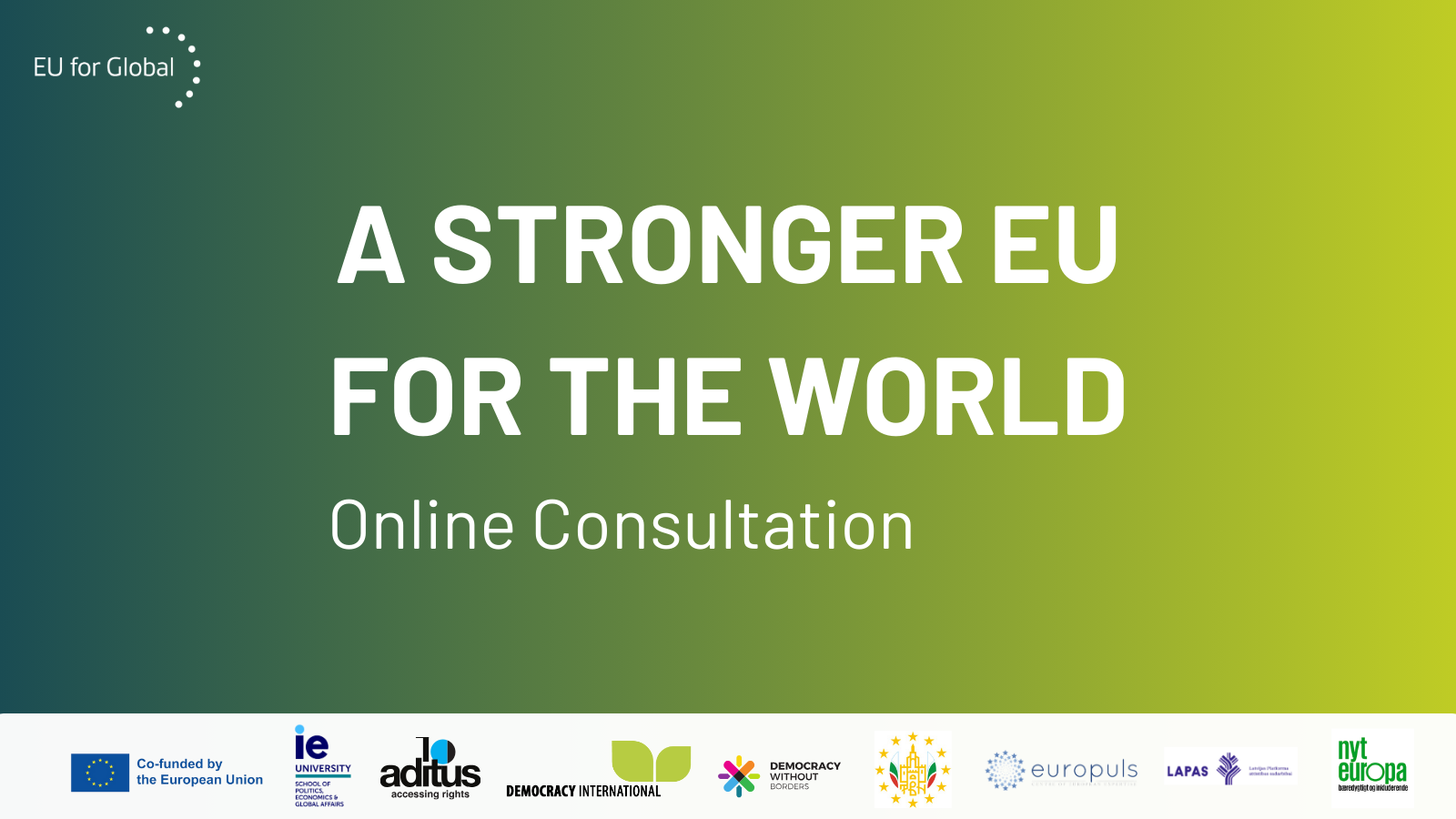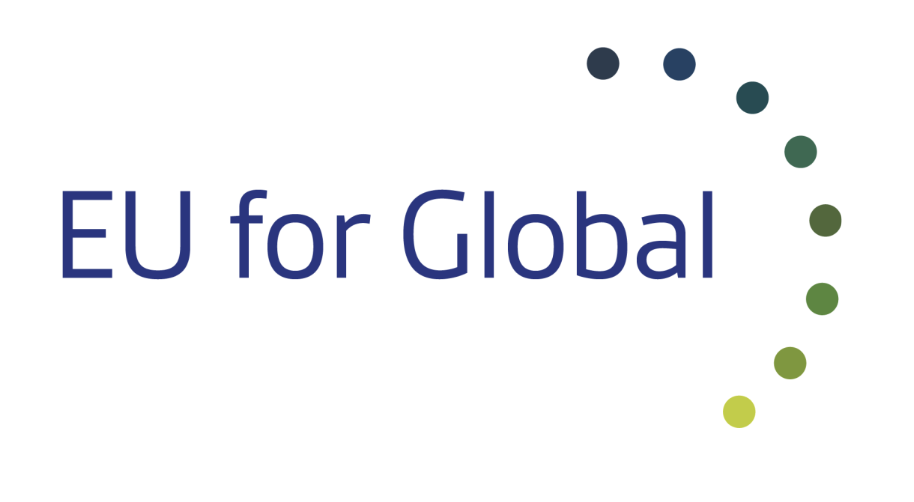
In a world facing global challenges, how should the EU act on the global stage? Have your say and contribute to shape EU foreign policy.
Distrust in democracies. This has been arguably one of the most common and worrying statements of the last years. Though it is certainly real. A general concern towards the lack of representation of people’s needs and views is growing, and putting democratic institutions at risk.
Democracies around the world are facing a polycrisis that needs urgent action from all of us, transnationally. The spread of conflicts, rise in information manipulation, worsening previsions on climate change outcomes are affecting people of the world to different extents. And these are just some of the issues of global relevance.
Transnational institutions, such as the European Union or the United Nations, are especially affected by these challenges, with people feeling increasingly detached from their work and values projected in their actions.
There is, however, a major difference between policy-making processes at the global and at the European Union level. The former does not have mechanisms for direct citizens’ participation. On the international level, the decisions are only discussed amongst country-representatives, at times not even selected directly by the citizens. The European Union (EU), on the other hand, is equipped with a unique set of participatory tools. Its experience and mechanisms of citizens’ and residents’ inclusion in policymaking make the Union a pioneer transnational institution.
Then, why is Euroscepticism still rising ? The overall claim is that citizens and residents still view the Union as a vital international player, within the region and beyond its borders. However, they feel disconnected from decision-making processes, particularly when it comes to foreign policies and how the EU positions itself in the world, especially in our era of global challenges.
Here is where the EU for Global project comes in. Starting with the aim to make EU foreign policies more representative of the people, EU for Global has a wider goal: building trust in transnational democracy by encouraging democratic participation of traditionally underrepresented groups, also at the global level.
For the next two years and with eight partners, EU for Global will consult people living in the EU on their views on the role of the European Union in the world, to co-design recommendations on EU policies towards global issues.
Only participatory strategies and the amplifying of underrepresented voices can democratise transnational governance and equip it to handle the biggest challenges of our time. This is the motto of EU for Global. In total 16 local and transnational Citizens’ Panels across Europe and an online crowdsourcing of ideas will take place. Through this strategy, EU for Global aims to reach as many people living in the EU as possible and co-design recommendations to present to EU high-level political representatives.
The Online Questionnaire is the fist step of this process. We are collecting the opinions and suggestions of all those living in the EU on how to make EU foreign policymaking more inclusive. We want to get your inputs on the participatory mechanisms of the EU, its values, and its transnational role; as well as understanding your sentiments towards its current status and how its experience can be an example for more inclusive global participation. The Online Questionnaire is a low-threshold opportunity to make EU for Global’ decisions and recommendations more accessible to those who cannot partake in the Citizens’ Panels in person. These ideas will then flow into local and transnational Panels where EU citizens’ and residents’ participate directly.
To be part of the Questionnaire and open the debate on the issues you most have at heart, click here!
The first transnational panel will be hosted by Europuls in Bucharest, Romania, on 15-17 November 2024, with a focus on youth participation, european values, democracy and combating disinformation. The three-day-long Citizens’ Panel will welcome international participants of more than seven EU Member States in Romania to co-design foreign policy recommendations on youth policy.
The first local panel will also be hosted by Europuls in in Bucharest, Romania, on 28 October 2024. Romanian participants will take part in a roundtable discussion with policy-makers and will elaborate policy recommendations on how they see their role and participation within the EU.
